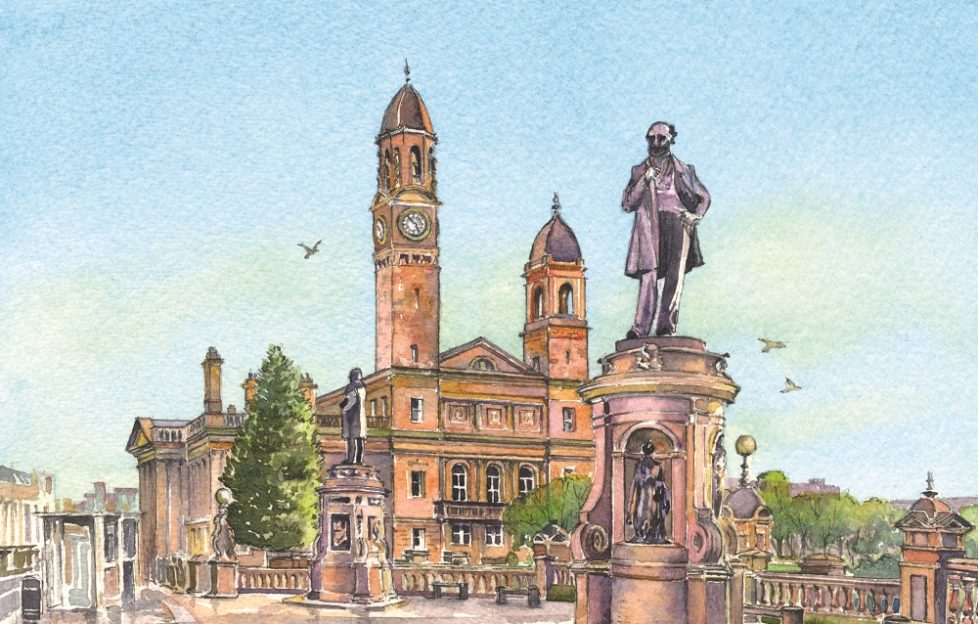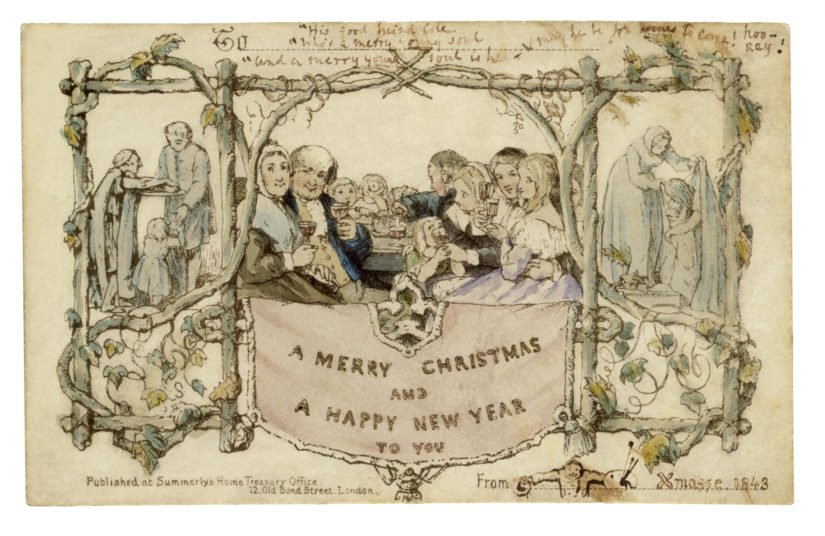
Marion delves into the archives for some forgotten women of Paisley.
When researching our archive issues for our 150th anniversary special edition, we realised the Paisley mill-girls have a special place in the town’s history. When Willie Shand toured Paisley for a recent issue of the “Friend”, he found much to admire about the famous textile town. The lasting legacy of the industry is woven through its streets and through the character of its people – especially the women.
The Paisley Mill-girls
In 1901, Friend readers were reading about the mill-girls of Paisley in a series about industries of the day.
“As the Paisley mill-girls produce most of the thread that is used in the world, they are well worth knowing,” the writer said.
“They number about 8,000, and really form an impressive sight at meal-times as they come pouring out of the gates of the Ferguslie and Anchor Mills, which are under the management of one firm, Messrs J. & P. Coats & Co. Ltd.
Ferguslie Thread Works
“Ferguslie,” we are told, “housed over 1000 workers on four ‘flats’. Its fourth or topmost flat, where between seven and eight hundred are employed, presents possibly one of the liveliest pictures to be found in the industrial world.
On the upper flat all the girls wear shoes, but elsewhere throughout the mill they are barefooted and this explains why so many foot-baths are provided in the building adjoining the hall, where those girls dine who cannot go to and return from their homes in an hour. The dinner provided costs only 2d, and is admirably cooked, and consists of soup, bread, and pudding.
In summer the girls after dinner either wander along the Green Road towards the Newton Woods, … or seat themselves on the grass in front of the hall, where they while away the time in conversation, knitting, or reading.
Many of them are great readers, and would put to the blush some who make high pretentions to learning. ‘The People’s Friend’ is a universal favourite with the girls.”
Lively and sympathetic
“It is from their ranks that most of the Christian workers in connection with the various missions and congregations in town come. There is one congregation where nearly all the females who are Sabbath school teachers, choristers, collectors, and mission workers are mill-girls.
They particularly excel as Sabbath school teachers as they are in general lively and sympathetic and can talk well. Paisley is generally credited with a ready tongue, and this is particularly true of its female inhabitants, especially its mill-girls.
They are proud of the great firm with which they are connected, and this helps to elevate their tone of feeling and determine their manner. They speak with rapture of the generosity of the late Sir Peter and Thomas Coats, and delight in the ‘little acts of kindness’ done to private individuals by the present members of the firm.
Outsiders know of such princely gifts as the Free Library and Museum, the Observatory etc., but can they tell of many a stricken widow who has had her heart cheered by a timely gift, and of other toiling wayfarers on life’s pathway who have been generously helped in times of need. This knowledge inclines them to be helpful to each other and those with whom they come in contact.”
You can read more about the marvellous women of Paisley in our 150th anniversary special edition.





